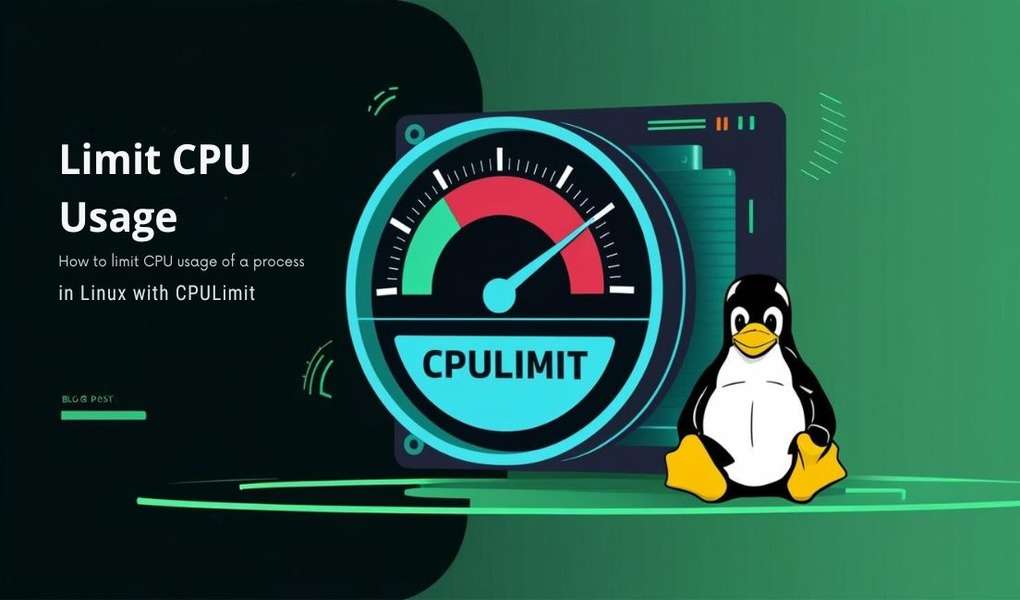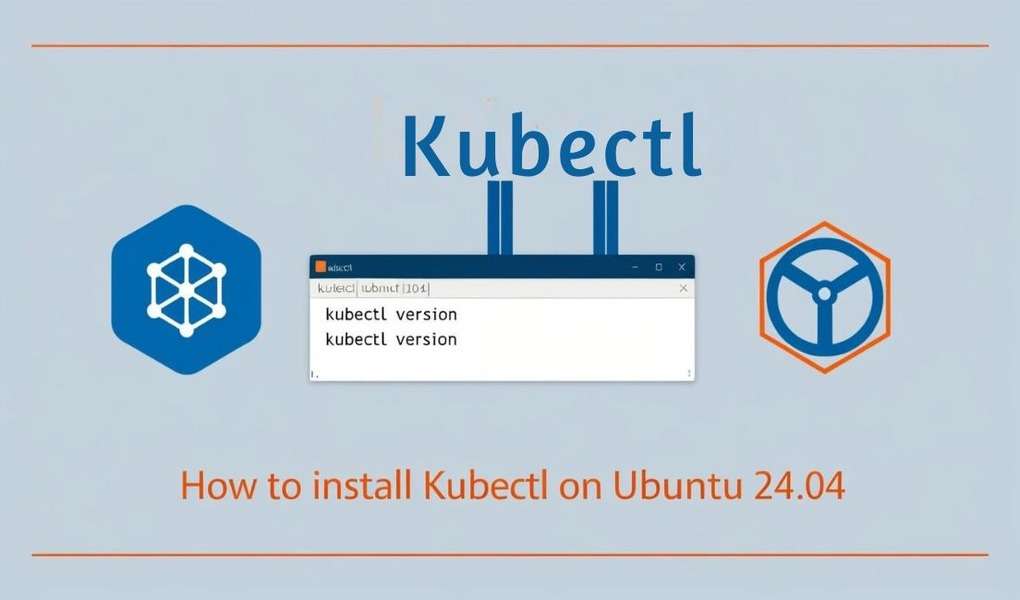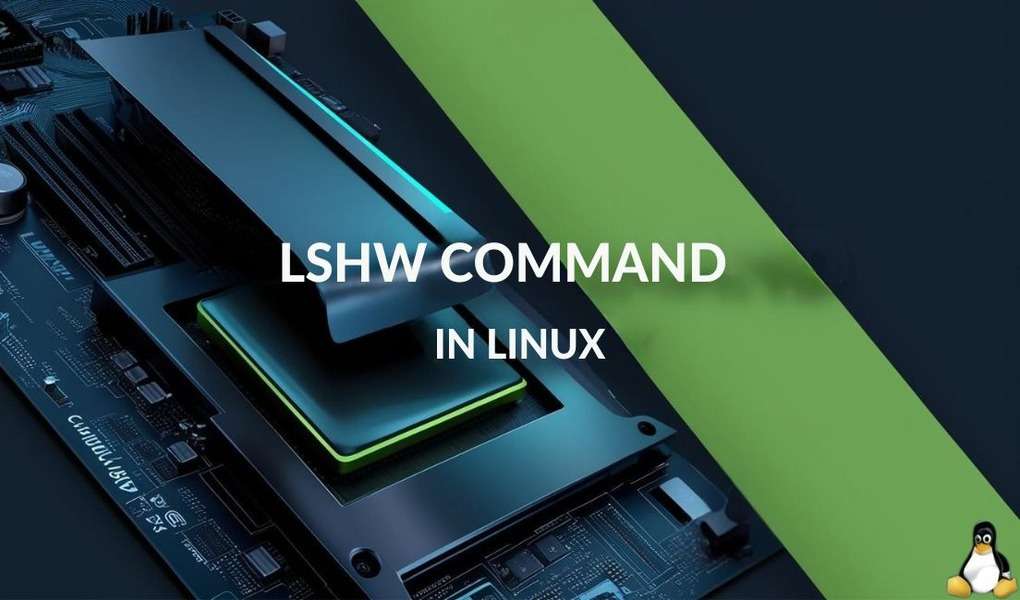How to Install Django Web Framework on Ubuntu 24.04
Django, a high-level Python web framework, is a popular choice for developers building complex web applications. Its clean architecture and extensive feature set accelerate development while ensuring application reliability. This guide will walk you through installing and configuring Django on Ubuntu 24.04, providing a solid foundation for creating dynamic web projects. We’ll explore how to










How to Add Comments to UFW Rules: 7 Mostly Used Examples
Comments are annotations that accompany UFW rules, providing clarity on the rule’s intent, which is particularly useful when managing a large number of rules. Adding comments to UFW rules is a best practice for system administrators as it provides clarity on the purpose of each rule, making management and auditing of the firewall easier. With